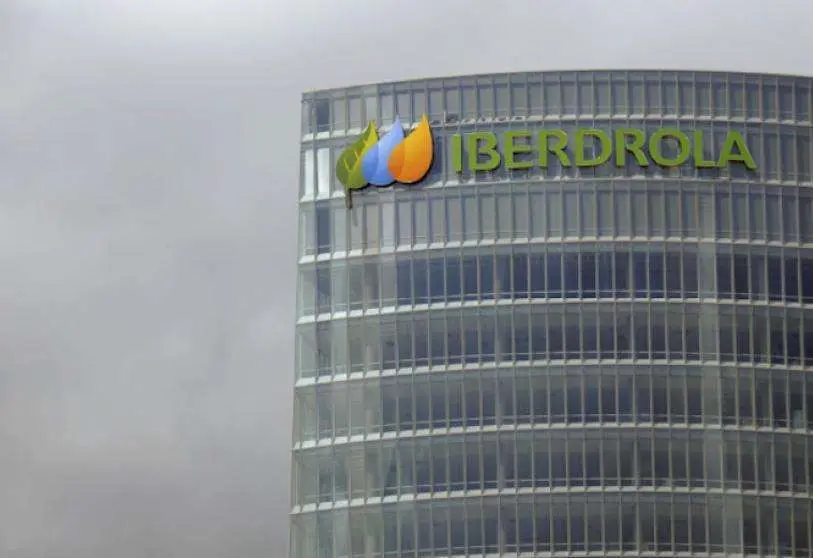False accusation against Iberdrola targets the government

A government prosecutor accuses IBERDROLA of benefiting from price manipulation when in fact it was harmed.
The facts date back seven years. And they have also targeted a subsidiary of a subsidiary of IBERDROLA Spain. Prices were raised for various market reasons, demand pressure, scarcity of resources. A situation that was detrimental to IBERDROLA because at that time it had a buying position. Now it is accused of wanting to profit. On the contrary.
Iberdrola is in total disagreement with the order of the Central Court of Instruction No. 2 of the National High Court of 26 May 2022 and with the Prosecutor's brief of 6 April.
The Judge's order and the Prosecutor's brief merely reproduce some passages of the CNMC's sanctioning resolution of November 2015. We are, therefore, faced with a question of pure administrative discrepancy, which lacks any criminal significance.
The increase in prices that occurred in the daily wholesale market between 30 November and 23 December 2013, responded to a series of exogenous market circumstances (increase in demand, drastic reduction in renewable production due to lack of wind, high unavailability of power plants, temporary increase in gas prices, decrease in interconnection capacity) all of which were beyond IBERDROLA's control.
The price of the hydroelectric bids submitted by IBERDROLA between 30/11/2013 and 23/12/2013 was economically rational, and the actions of the company and its staff were based strictly on technical and market criteria, and were conditioned by the exceptional situation of scarce hydroelectric supplies that occurred on those dates.
IBERDROLA did not benefit as a consequence of the price increase in the daily wholesale market (at that time the price was between 80 and 90 €MWh), nor did it have any economic incentive to cause a price increase, as it had a net buying position in the reference period. This means that the price increase was detrimental to it.
IBERDROLA therefore did not cause any economic damage to the market.
It is striking that companies producing hydroelectric energy are questioned or penalised sometimes for preventing releases (this is the case here) and sometimes for releasing water. This accusation does not hold water because production is always subject to the controls and supervision of the CNMC and Red Eléctrica.
Observing the multiple factors that contribute to price variation (the roller coaster of daily rises and falls), it is striking that the technical discrepancy of 7 years ago was for 7 euros/kilowatt. And what is even more striking is that they are looking for a criminal relevance when not even the CNMC gave it to them.
